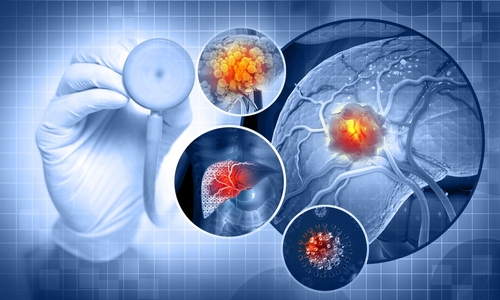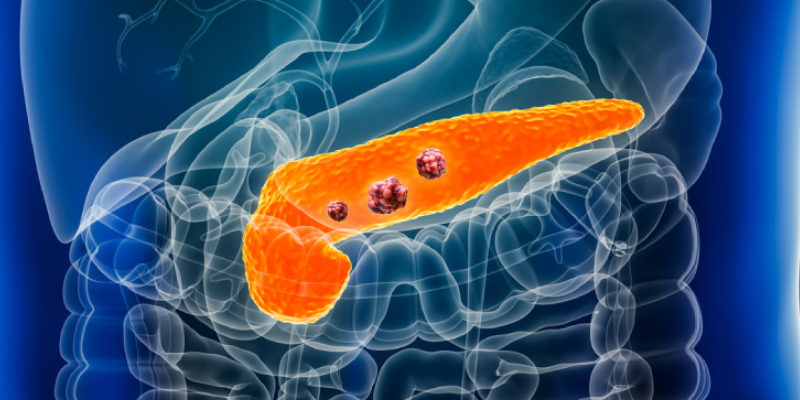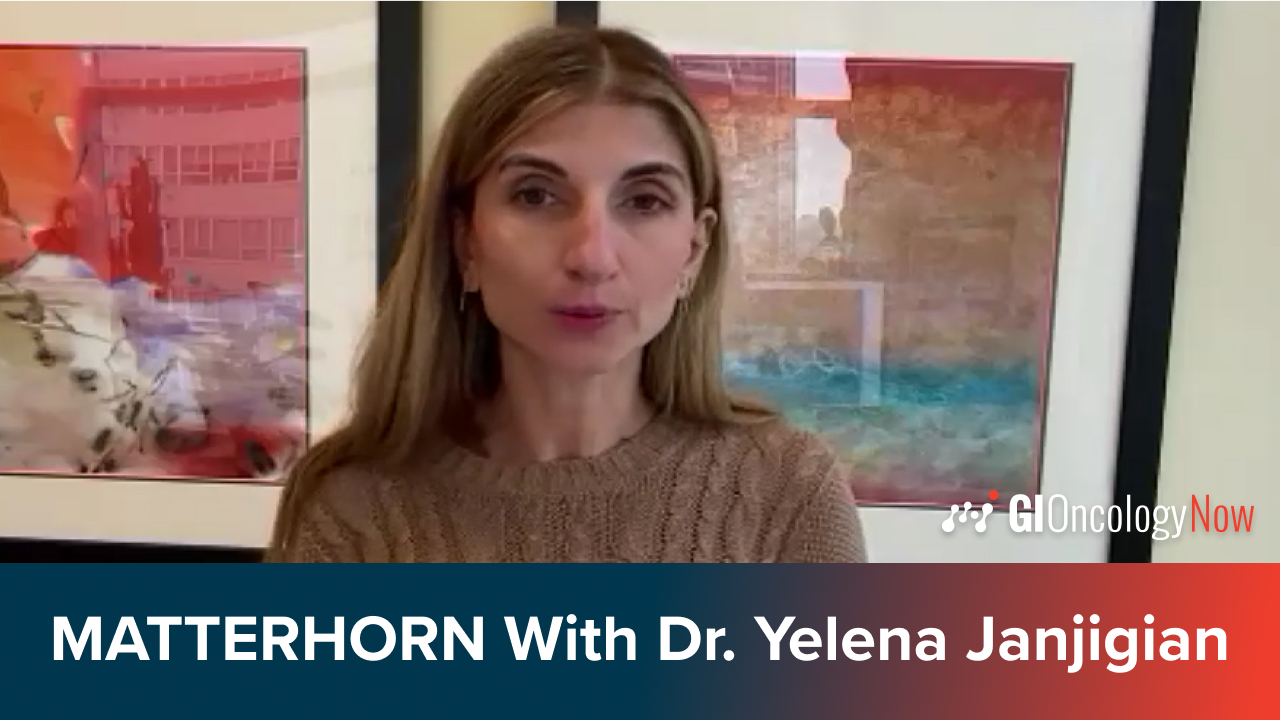
A study from Jian-Hua Luo, MD, PhD, and colleagues published in The American Journal of Pathology evaluated the potential of serum fusion transcripts to improve the screening and diagnosis process in patients with hepatocellular carcinoma (HCC).
Globally, 90% of patients with liver cancer are diagnosed with the HCC variant. Of these patients, 60% receive a diagnosis in later disease stages. Dr. Luo and colleagues identified a need for increased screening measures for patients with HCC.
“Early treatment of liver cancer has a 90% 5-year survival rate, while late treatment has only 20%,” said Dr. Luo. “The alternative to this test is to subject every individual with some risk of liver cancer to imaging analysis every 6 months, which is very costly and ineffective. In addition, when imaging results are ambiguous, this test will help to differentiate malignant versus benign lesions.”
To determine the sensitivity of serum fusion transcripts, researchers evaluated 9 fusion transcript panels in serum samples taken from 61 patients with HCC and 75 patients with conditions unrelated to HCC.
The 9 fusions found in patients with HCC included MAN2A1–FER (100%), SLC45A2–AMACR (62.3%), ZMPSTE24–ZMYM4 (62.3%), PTEN–NOLC1 (57.4%), CCNH–C5orf30 (55.7%), STAMBPL1–FAS (26.2%), and PCMTD1–SNTG1 (16.4%).
Through the leave-one-out cross-validation approach, Dr. Luo and colleagues utilized serum fusion-gene levels to develop machine learning models and estimate HCC levels in patients.
The machine learning model showed a 94.8% accuracy rate when including serum α-fetal protein level and a logistic regression model featuring the 2 fusion gene (MAN2A1–FER≤40, CCNH–C5orf30≤38). Across the testing and combination groups, investigators found that the model demonstrated 95% accuracy.
“The fusion gene machine learning model significantly improves the early detection rate of HCC over the serum α-fetal protein alone,” said Dr. Luo. “It may serve as an important tool in screening for HCC and in monitoring the impact of HCC treatment. This test will find patients who are likely to have HCC.”
Decreased levels of serum fusion transcripts were related to cancer treatment.
“Serum fusion-gene machine learning models may serve as important tools in screening for HCC and in monitoring the impact of HCC treatment,” the researchers wrote.







 © 2025 Mashup Media, LLC, a Formedics Property. All Rights Reserved.
© 2025 Mashup Media, LLC, a Formedics Property. All Rights Reserved.